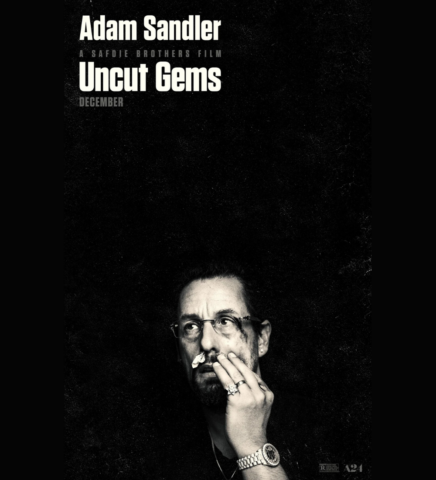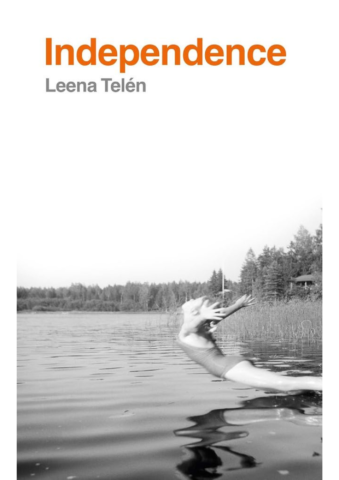Imitate: On The Traces Of…
By Catarina Wilk
Jane Austen, George Orwell, Mary Shelley, William Shakespeare and Oscar Wilde. Yes, you have definitely heard of these people, have read a couple of their works in language arts at school or maybe even studied English literature at university?
Without any doubt, there are so many great writers in the wonderful world of English literature and we are absolutely sure that you have been confronted with at least one of these literature giants during your studies.
“Doubt thou the stars are fire
Doubt that the sun doth move
Doubt truth to be a liar But never doubt I love.“ – Shakespeare (Hamlet, Act II; Scene II)
“The long black nights, when the moon hides her face, when the stars are afraid, are not so black. The silence that dwells in the forest is not so black. There is nothing in the world so black as thy hair.” – Oscar Wilde (Salomé)
In order to pay tribute to their fantastic works, creatives are very keen on ‘imitating’ the writers’ art works in various different ways to revive their glory and keep their fascination.
Interestingly, Shakespeare’s work has always been an inspirational source for various British films.
The first ever Shakespeare film made its appearance in 1899 and was a very “simple photographic record of a small part of Sir Herbert Beerbohm Tree’s stage production of Sir John“.
However, a lot has changed since then and many interesting adaptations have followed.

As You Like It (1936), directed by Paul Czinner.
As we are marking William Shakespeare’s 400th anniversary of his death in April this year, the British Council is doing a global touring programme in association with the British Film Institute. To be precise, the programme is “celebrating Shakespeare’s work and influence which will run from January to December 2016“ and also gives an insight into the way British cinema has changed over the decades. The programme itself will feature twenty interpretations of Shakespeare’s work for the cinema “from the BFI National Archive, including Silent Shakespeare, Laurence Olivier’s Hamlet (1948), Zeffirelli’s Romeo and Juliet (1968) and Richard Loncraine’s Richard III (1995) starring Ian McKellen“. In this respect, Ian McKellen will be spearheading the BFI’s Shakespeare on Film programme.

Ian McKellen at the BFI National Archive for Shakespeare on Film, October 2016
Not only Shakespeare is a true inspiration for film makers but also the Irish writer Oscar Wilde and some of his works became alive on screen.
A more recent example which made its way into the cinema is “Salomé“. Named after Wilde’s most controversial play, the film by the American actor Al Pacino stars actress Jessica Chastain as herods stepdaughter Salomé.
The English literature is full of great potential and keeps inspiring people and creatives all over the world and in various different ways. If you fancy more approaches that deal with art works that have been reinterpreted in a way, have a look at our article “Art Revamped” to explore more.







